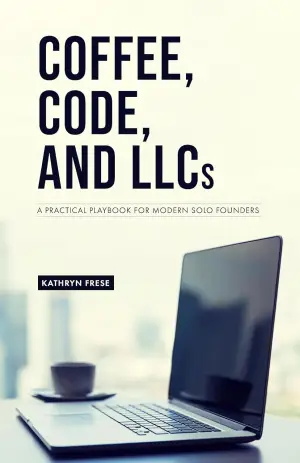Life, the Universe and Everything: An Astounding Hitchhike Through Absurdity
Douglas Adams’ Life, the Universe and Everything hooks you right from the start, plunging you into a universe where even the dawn can feel ‘small, cold, and slightly damp.’ As balmy morning light peeks over the horizon, I found myself reflecting on the existential quirkiness that characterizes every page of this masterpiece. Who else could take such a cosmic moment and juxtapose it with an alien calling our hero, Arthur Dent, a “jerk”? This blend of the profound and the absurd is precisely what keeps the Hitchhiker’s series a cherished companion on my reading list.
At its core, Life, the Universe and Everything explores the chaos of existence—how our lives, in their unpredictability, can often lead to messy yet hilarious adventures. Arthur, who has barely enjoyed five years of peace since being constantly bombarded by troubles, is approached by the blue-skinned Wowbagger the Infinitely Prolonged. It’s a humorous encounter that underscores Arthur’s ongoing existential dilemma: is the universe inherently chaotic, or is he just perpetually unlucky? This sentiment resonates deeply. I found myself relating to Arthur’s melancholic musings about the mundane—his reflections on how “the hands will move relentlessly on to four o’clock” could very well describe countless weekends I’ve spent caught in a fugue of boredom.
Adams’ witty narrative style dances from hilarious to reflective, lending a gentle depth to the absurdity. The infamous galloping Chesterfield sofa swiftly whisks Arthur and his friend Ford Prefect away from their prehistoric ennui, demonstrating Adams’ knack for unconventional storytelling. The reader knows to expect the unexpected, especially when offhand remarks like “Sounds like a bad time” from Ford lead you to multiverse-altering adventures.
One moment that stuck with me was the idea of confronting an “ancient nightmare of the Universe.” It offers a witty critique of our fears—of failure, of getting lost in the noise of existence. It begs the question: how do we face our own nightmares? The humor in these daunting challenges is evident even when the characters are battling literal warriors from Krikkit over a piece of sports wood; it’s brilliant, ridiculous, and undeniably fun.
Adams exudes a genuine warmth, even as he wryly critiques mankind’s propensity for absurdity. His satire extends to the quirks of civilizations—who else could weave a piece about cricket into the thread of the universe? “Only the English could possibly revive the memory of the most horrific wars,” he muses. This blend of humor and commentary illustrates the ridiculousness of our existence, and I couldn’t help but chuckle at the nuances Adams captures.
In the end, Life, the Universe and Everything serves as a reminder that laughter can be our best weapon against the chaos of life. The whimsical yet profound insights Arthur gains—like learning to appreciate his grounding on Earth despite the mindless bird chatter—reflect a wisdom that lingers long after the last page is turned. I felt uplifted, as if Adams had slid me a mental note: embrace the absurd!
I’d recommend this book to anyone who enjoys a hearty laugh mixed with existential musings—a perfect read for those of us wrestling with our own place in the universe (or simply those looking for a delightful escape). In a world where life feels heavy, Adams reminds us to take a step back, enjoy our time under the stars, and perhaps yell at the nearest seven-toed sloth, “Belgium!” for the giggles it might bring.
So, pack your towel, book your flight on the Bistromathic spaceship, and prepare for a ride through the cosmic quagmire of meaninglessness punctuated by joy. It’s a tumultuous journey worth taking—who knows what hilarity awaits!
Discover more about Life, the Universe and Everything (The Hitchhiker’s Gui… on GoodReads >>






